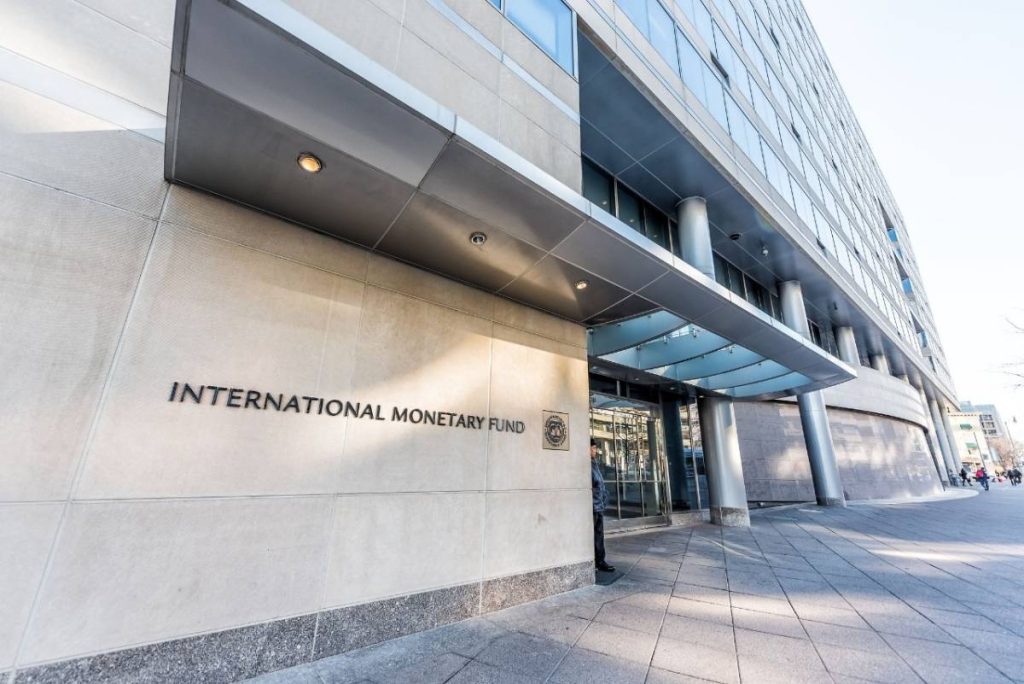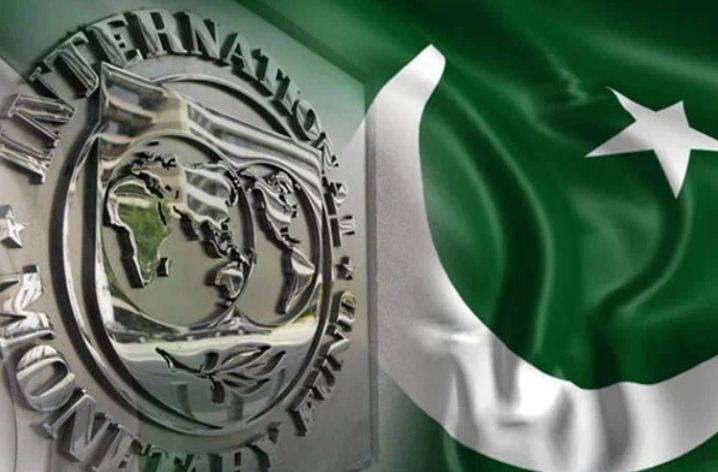The IMF’s agreement has come with a strict set of demands and targets set for Pakistan to achieve during the next fiscal year, in which, primary budget surplus targets of Rs 153 billion or 0.2 per cent of the GDP…reports Hamza Ameer
Pakistan has finally reached a staff level agreement with the International Monetary Fund (IMF) as it announced agreement on the completion of two outstanding programme reviews, along with an increase of total loan size from 6 billion dollars to 7 billion dollars.
“The IMF team has reached a staff level agreement with the Pakistani authorities for the conclusion of the combined seventh and eighth reviews of the Extended Fund Facility supported programme,” read a statement issued by the IMF.
The statement also clarified that Pakistan needs to be ready to take more measures towards increasing its revenue.
The IMF’s agreement has come with a strict set of demands and targets set for Pakistan to achieve during the next fiscal year, in which, primary budget surplus targets of Rs 153 billion or 0.2 per cent of the Gross Domestic Product (GDP), which was set in the revised budget, has now been increased to a target of 0.4 per cent.
Experts say the government will have to either introduce more revenue measures or will have to cut its expenditure, which will be excluding the development budgets.
The IMF has also included Pakistan’s National Accountability Bureau (NAB) review on its anti-corruption procedures in the country as part of its programme conditions.
“The agreement is subject to approval by the IMF’s Executive Board and once approved by the board about $1.177bn worth of loan tranche will be released. This will bring total disbursements under the programme to about $4.2 billion,” the IMF statement maintained.
In order to support programme implementation and meet the higher financing needs in the fiscal year 2022-23, as well as catalyse additional financing, IMF Board will consider an extension of the EFF under end-June 2023 and augmentation of access by SDR 720 million or 1 billion dollar. This will bring the total access under the EFF to about $7billion.

The staff level agreement with the IMF holds great importance for Pakistan as the deal will pave the way to other loan facilities from countries like the Saudi Arabia and global lenders like the Asian Development Bank and the World Bank, whose approval was subjected to the outcome of the revival of the loan programme with the IMF.
However, the country has paid a heavy price for the IMF programme revival as a massive increase in fuel prices, electricity prices, energy prices, leading to a extra-ordinary increase in utility prices and increased taxes on salaried class as parts of the terms and condition put forward by the IMF for Pakistan to comply with first.
“All the required actions have been taken and now the IMF board is expected to meet in the third week of August to approve the reviews and the revised programme,” said Pakistan Finance Minister Miftah Ismail as he announced the revival of the IMF EFF programme.
The IMF programme revival has also stopped the surging value of USD against the Pakistani rupee as it fell by at least Rs 1.5 in the open market.
Pakistan Stock Exchange has also started showing positive signs as the country shows sign of some stable future economic course and vows to abide and meet the target set by the IMF for the next financial year

